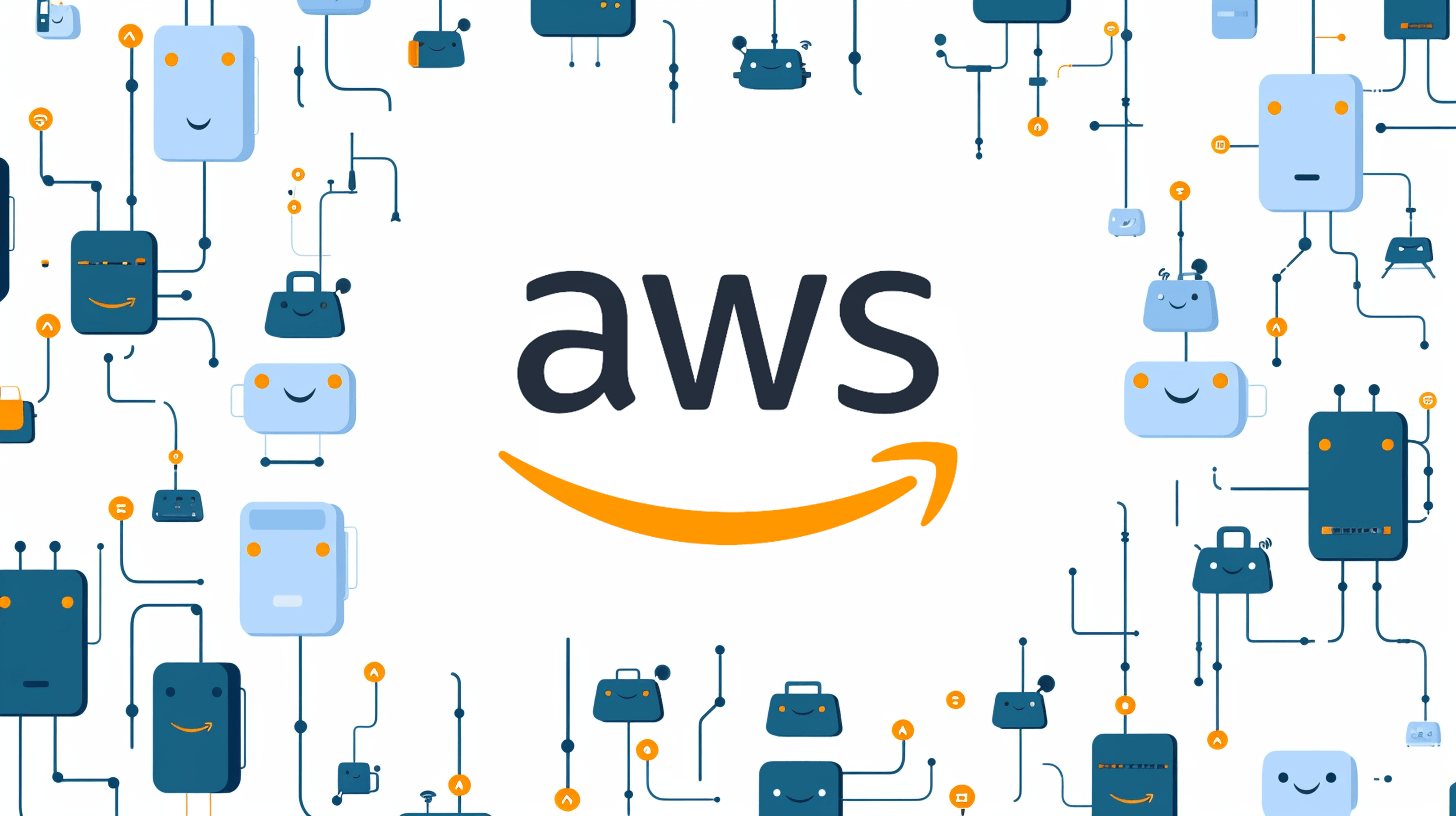Major insurers seek to exclude AI-related risks from corporate policies
NegativeArtificial Intelligence

- Several major insurers, including AIG, Great American, and WR Berkley, have requested U.S. regulators to exclude AI-related risks from their corporate insurance policies, reflecting growing concerns over the unpredictable nature of artificial intelligence. This move highlights the industry's apprehension regarding the liabilities associated with AI technologies.
- The decision to seek exclusion of AI-related risks is significant for these insurers as it allows them to mitigate potential financial exposure linked to the deployment of AI systems, which are increasingly seen as too risky to insure. This could reshape the insurance landscape as companies navigate the complexities of AI integration.
- This development occurs amid broader discussions about regulatory frameworks for AI, with the White House pausing a federal order that would override state-level AI regulations. The tension between innovation and regulation is evident, as major insurers grapple with the implications of AI on their policies while the government considers how to manage AI's rapid evolution.
— via World Pulse Now AI Editorial System






